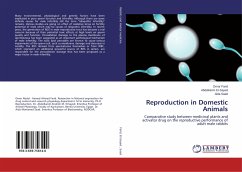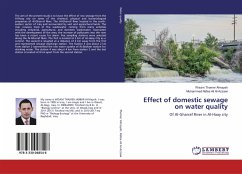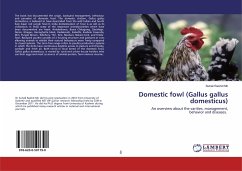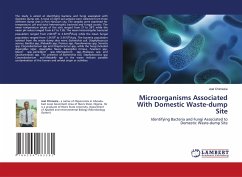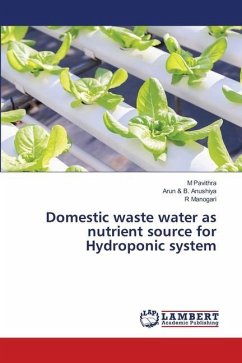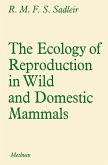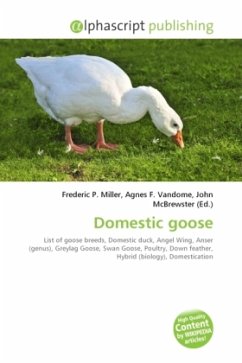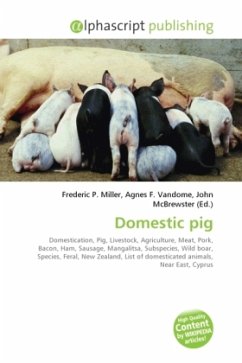Many environmental, physiological and genetic factors have been implicated in poor sperm function and infertility. Although there are some definite causes for male infertility still the term "Idiopathic Infertility" remains. Various studies are going on effect of oxidative stress on fertility potential of male which may be causes of idiopathic infertility. In recent years, the generation of ROS in male reproductive tract has become a real concern because of their potential toxic effects at high levels on sperm quality and function. Peroxidation damage to the plasma membrane of spermatozoa has been suggested as an important pathological mechanism of male infertility. The toxic lipid peroxides are known to cause various impairments of the sperm cell, such as membrane damage and decrease in motility. The ROS derived from spermatozoa themselves or from WBC, which represent an additional powerful source of ROS in semen, are responsible for the peroxidation damage that has been proposed as a major factor in male infertility.
Bitte wählen Sie Ihr Anliegen aus.
Rechnungen
Retourenschein anfordern
Bestellstatus
Storno

